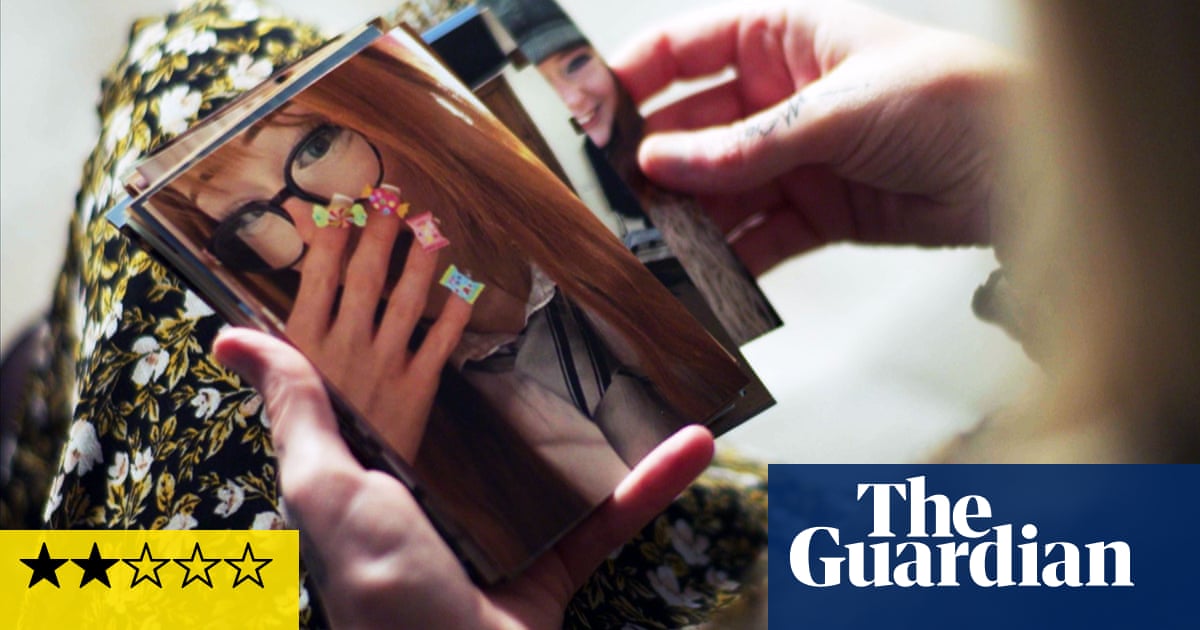Is Brianna: A Mother's Story Exploitative? A Critical Review
The Netflix documentary, "Brianna: A Mother's Story," has sparked intense debate since its release. While lauded by some for its intimate portrayal of a mother's struggle with addiction and its impact on her children, others criticize it as exploitative, raising ethical questions about the boundaries of documentary filmmaking and the potential harm inflicted upon vulnerable individuals. This critical review delves into the controversy, examining both sides of the argument and analyzing whether the film's potential benefits outweigh its ethical shortcomings.
The Heartbreaking Narrative:
The documentary follows Brianna, a young mother battling a severe opioid addiction. The film offers a raw, unflinching look at her life, showcasing the devastating consequences of her addiction on her family and her children's well-being. The filmmakers aim to highlight the pervasive nature of the opioid crisis and the societal failures that contribute to it. The emotional impact of Brianna's struggle is undeniable, leaving viewers with a profound sense of empathy and concern.
Accusations of Exploitation:
However, the film's unflinching honesty has been met with significant backlash. Critics argue that the filmmakers exploited Brianna's vulnerability, capturing her at her most desperate and potentially compromising her privacy and dignity without sufficient safeguards in place. Concerns have been raised about:
- Lack of informed consent: Did Brianna fully understand the implications of participating in the film, particularly regarding the potential long-term consequences for herself and her children? Was she adequately compensated for her participation?
- Sensationalism over sensitivity: Critics argue the film prioritizes dramatic storytelling over ethical considerations, potentially sensationalizing Brianna's struggles for the sake of viewership.
- Long-term impact on the children: The inclusion of Brianna's children in the documentary raises serious questions about their long-term well-being and the potential psychological impact of their lives being documented so intimately. Could this footage haunt them in the future?
Balancing Empathy and Ethical Concerns:
The central dilemma lies in balancing the film's potential to raise awareness about the opioid crisis and generate empathy with its potential to inflict further harm upon already vulnerable individuals. Documentaries often walk a fine line between observation and intervention, and "Brianna: A Mother's Story" seems to have stumbled into a significant ethical gray area.
While the intention may have been to shed light on a pressing societal issue, the question remains: was this the right way to do it? Could the same impact have been achieved through alternative methods that prioritized the well-being and dignity of Brianna and her children?
The Need for Transparency and Accountability:
The controversy surrounding "Brianna: A Mother's Story" underscores the crucial need for greater transparency and accountability in documentary filmmaking, particularly when dealing with vulnerable subjects. Filmmakers have a responsibility to ensure that the individuals they portray are protected from further harm and that their consent is genuinely informed and freely given.
Conclusion:
Ultimately, whether "Brianna: A Mother's Story" is exploitative is a matter of ongoing debate. While the film undoubtedly raises awareness about a critical social issue, the ethical questions surrounding its production and potential harm to its subjects cannot be ignored. The film's legacy will likely hinge on a broader conversation about the ethical responsibilities of documentary filmmakers and the need for stricter guidelines to protect vulnerable participants. We encourage further discussion and critical analysis of this complex and troubling film.
Keywords: Brianna: A Mother's Story, Netflix Documentary, Opioid Crisis, Exploitation, Ethical Concerns, Documentary Filmmaking, Vulnerable Subjects, Informed Consent, Critical Review, Documentary Ethics
Related Articles: (This section would link to other relevant articles on the opioid crisis, documentary ethics, and similar documentaries.) For example:
- [Link to an article on the opioid crisis]
- [Link to an article on ethical considerations in documentary filmmaking]
Call to Action: Share your thoughts on "Brianna: A Mother's Story" in the comments below. Do you believe the film is exploitative, or does its potential for positive impact outweigh its ethical concerns?

